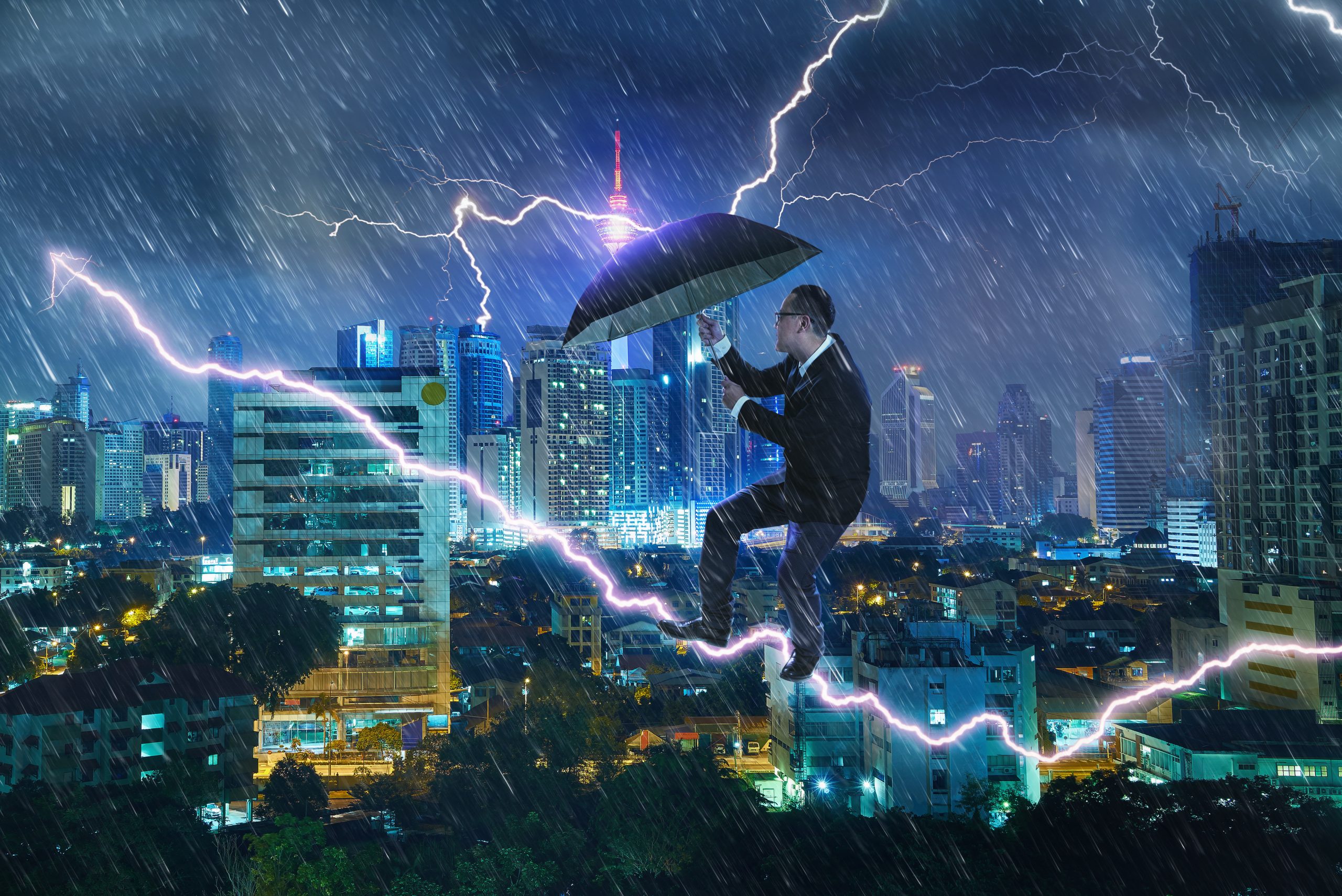As the world continues to face natural disasters, it’s essential for individuals and families to be prepared. Prepping is not just a trend or fad; rather, it’s a way of life that can help you survive in any situation. In this blog post, we will discuss how to prep for hurricanes, earthquakes, floods, and other natural disasters.
Disaster-Specific Preparedness:
Hurricanes are one of the most common natural disasters that affect millions of people every year. To prepare for a hurricane, you should stock up on non-perishable food items, water, medication, flashlights, batteries, and first aid supplies. It’s also crucial to have a plan in place to evacuate if necessary. Earthquakes, on the other hand, require a different type of preparation. You should ensure that your home is bolted down securely and has flexible connections to prevent damage during an earthquake. Additionally, you should store heavy objects low to the ground and keep breakables away from shelves or cabinets that could fall. Flooding requires specialized precautions as well. Make sure to elevate important documents and valuables off the floor and move furniture and electronics to higher ground when possible.
Prepping Essentials:
When it comes to prepping, there are some essentials that everyone needs to have. These include a bug out bag, which contains everything you need to survive for at least three days, including food, water, shelter, and clothing. A first aid kit is another must-have item, along with a multi-tool, matches, and a portable stove. Communications equipment such as radios and walkie-talkies are also critical since they allow you to stay informed and connected during emergencies. Finally, having a reliable source of lighting like solar lights or headlamps can make all the difference in a crisis situation.
Home Defense:
During times of chaos, protecting yourself and your family becomes paramount. Having a firearm and ammunition for self-defense is highly recommended. However, weapons aren’t the only form of defense. Installing security cameras, alarms, and motion sensors around your property can deter potential intruders. Also, consider taking self-defense classes to learn how to defend yourself without using deadly force.
Creating a Communication Plan:
Communication is key during disaster situations. Creating a communication plan ahead of time ensures that everyone knows what to do and who to contact in case of an emergency. Identify safe meeting places for your family members, establish check-in procedures, and decide on a primary and backup method of communication (such as text messaging or email).
Evacuation Procedures:
Knowing when to evacuate and how to do so safely is vital. Have a predetermined route planned out, and practice it regularly. Keep track of local weather patterns and news reports, and follow evacuation orders promptly. If you have pets, make sure to bring them with you or arrange for their care beforehand. Lastly, always have a full tank of gas in your vehicle and enough cash on hand to cover unexpected expenses.
In conclusion, being prepared for natural disasters is imperative. By following these tips and creating a comprehensive prepping strategy, you can increase your chances of survival and thrive even in the toughest circumstances. Remember, disaster preparedness isn’t about fear; it’s about empowerment and resilience.
